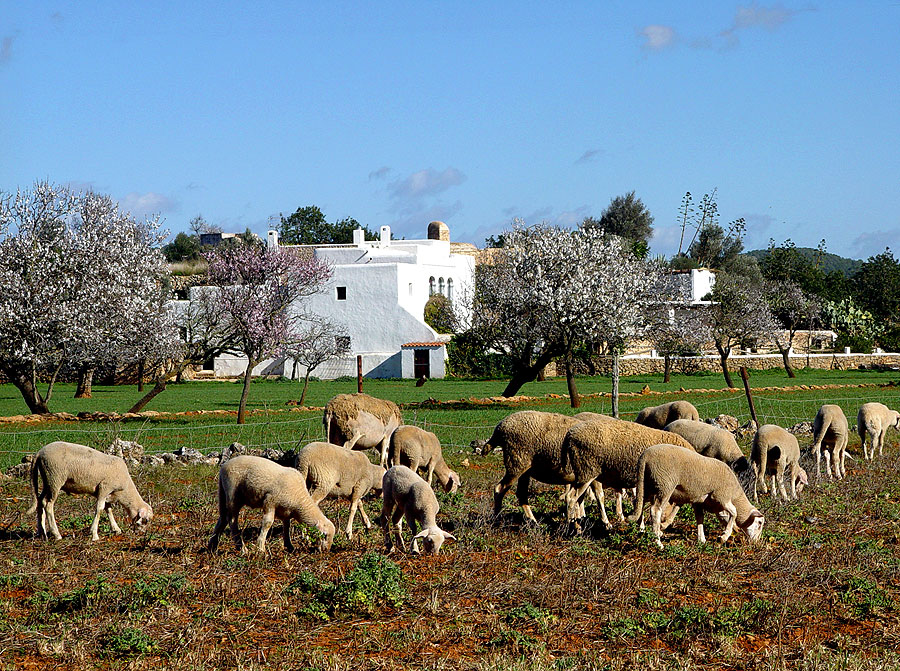
16 Jun Geographical Indications and Quality Marks of Ibiza
For gastronomy aficionados, the first thing that catches the attention of an island with such a limited territory like Ibiza is the extraordinary variety of products and elaborated foods. The self-sufficiency culture that existed until the late twentieth century has evolved into a cottage industry that helps keeping the flavours and characteristics of yesteryear, providing restaurants with exquisite products and elaborated foods, on which most of our culinary offerings are based.
Over time, the institutions of the island have made significant efforts to create marks that identify Ibizan products to ensure their quality and authenticity, in addition to artisan elaboration methods.
Currently, in Ibiza there are two Geographical Indications:
– ‘Hierbas Ibicencas’: the traditional local liquor made with anise and a wide variety of herbs that are mostly collected in the forest. In previous posts we explained its characteristics and method of production. There are five distilleries on the island who hold this mark.
– ‘Vinos de la Tierra’: The island produces wine since Phoenician times and has even exported it in antiquity to the Iberian Peninsula. Local varieties of grape are used as well as other varieties that have been introduced in recent years. Our wines are made according to European standards. As well as in the case of the Hierbas, there are five wineries dedicated to production. Here we offer more information.
In addition to the two Geographical Indications, Ibiza has six Quality Marks:
– ‘Anyell d’Eivissa’: Lamb born and raised in Ibiza using traditional practices.
– ‘Flaó d’Eivissa’: Typical cake of Ibiza of great antiquity, made with fresh sheep and goat cheese, anise and mint, among other ingredients.
– ‘Miel Certificada de Ibiza’: Honey produced and packed in Ibiza, with a seal of guarantee.
– ‘Oli d’Eivissa’: Extra virgin olive oil, essential for drizzling on salads and cooking traditional dishes of the island (www.olideivissa.com)
– ‘Sobrassada’: This typical sausage of the island is a food rich in protein that can be eaten fresh, roasted (to enhance its flavor) and can be used in traditional dishes.
– ‘Llagosta d’Eivissa’: Lobster caught in a sustainable way using small craft boats. The extraordinary quality and transparency of the waters and sold while still alive, make it an excellent product, which is identified with a special label which guarantees that it has been caught in the Pitiusan waters.
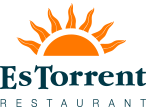







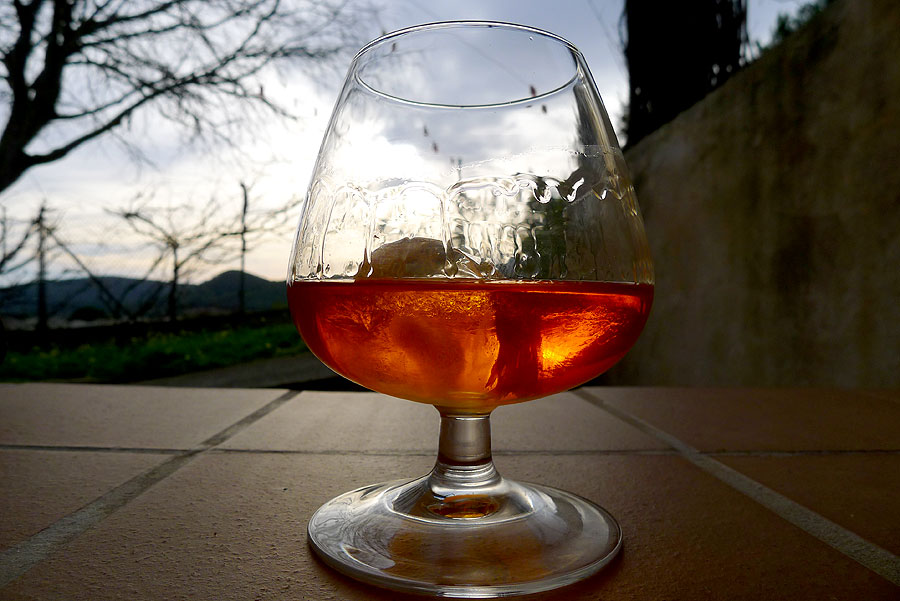
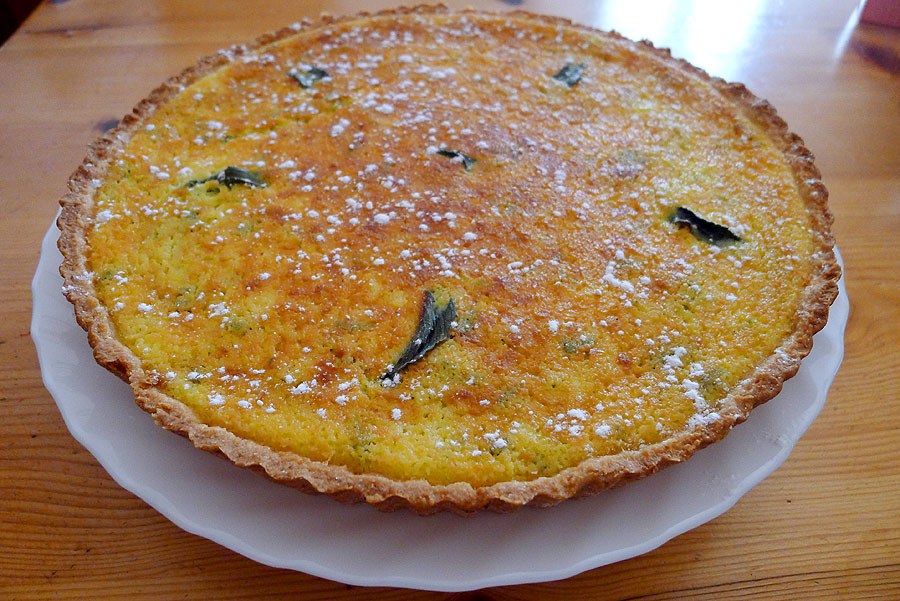
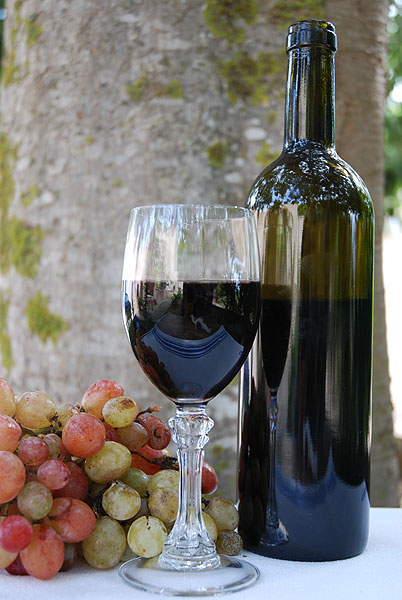
No Comments